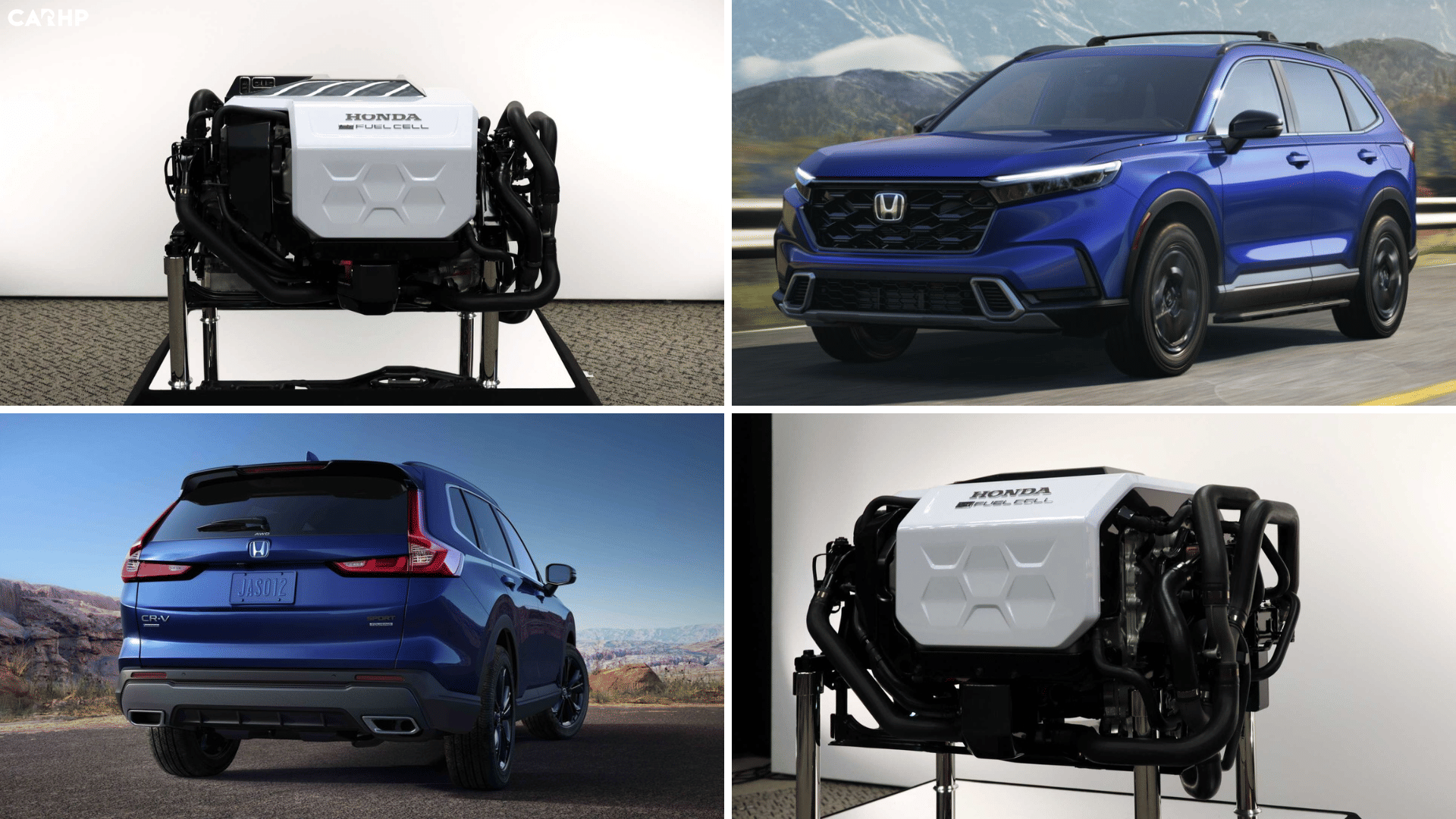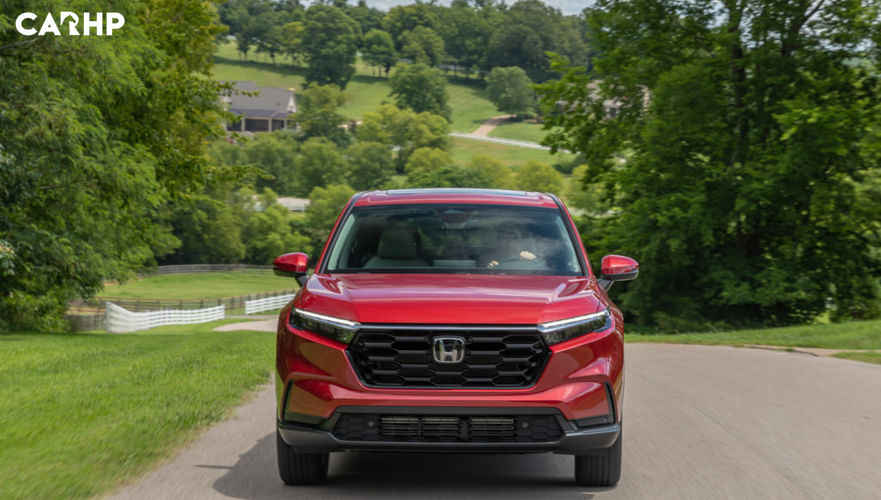Honda recently shared more information about its next-generation hydrogen fuel-cell electric vehicle (FCEV), which will be based on the CR-V.
As part of the automaker's effort to eliminate carbon emissions from its lineup, the new crossover will offer a cost-effective and efficient solution for those looking for a greener option.
Fuel System
The fuel system of the FCEV consists of a fuel cell stack and electric drive motor under the hood and over the front wheels, similar to the internal combustion CR-V. A hydrogen tank will be located under the back seat and another one above and just forward of the rear axle, which are both safe crash positions.

The "Intelligent Power Unit" replaces the gas-powered CR-V's driveshaft and houses the battery, electric inverter, and powertrain controls in one module. Although Honda did not specify the size of the battery, it will have plug-in electric capability, allowing owners to recharge their vehicles overnight.
Fuel Cell System
The new FCEV's fuel cell system was developed in partnership with General Motors and is said to cost two-thirds less than the fuel cell found in the Clarity, while also being twice as durable due to more corrosion-resistant materials. The fuel cell system also features faster startup times in cold temperatures, down to minus 22 degrees Fahrenheit (minus 30 degrees Celsius).

Honda representatives also teased a fuel cell system that will follow by the end of the decade, which will cost half as much and be twice as durable as the next-gen unit. The automaker hopes this will help speed up the adoption of hydrogen fuel cells in heavy trucking, construction, shipping, and power generation.
Production and Sales
Production of the FCEV will begin in 2024 at the Performance Manufacturing Center in Ohio, which is famous for producing the now-discontinued NSX. The vehicles will be exported to Japan and sales are expected to start in 2024 in Japan and North America. Ryan Harty, senior manager and division lead of the energy solution business division at American Honda Motor Company, stated that the new system is more than twice as durable and has "significantly faster" startup times in cold temperatures.
Future Plans
Honda plans to build around 2000 units of its next-gen fuel cell system a year by 2025 and 60,000 units a year by 2030. The automaker has not announced any development or manufacturing partners for the future-gen system but plans to make it even more powerful and cost-effective.

Honda remains tight-lipped about further details regarding the vehicle itself and has not announced if it will be sold outside of California.
Honda's Commitment to a Greener Future
Honda's new hydrogen fuel-cell electric vehicle will offer a cost-effective and efficient solution for those looking for a greener option. With a fuel cell system developed in partnership with General Motors and a plug-in electric capability, the new FCEV will make it easier for owners to reduce their dependence on hydrogen refueling infrastructure. Honda plans to begin production in 2024 and hopes to increase the adoption of hydrogen fuel cells in various industries.

